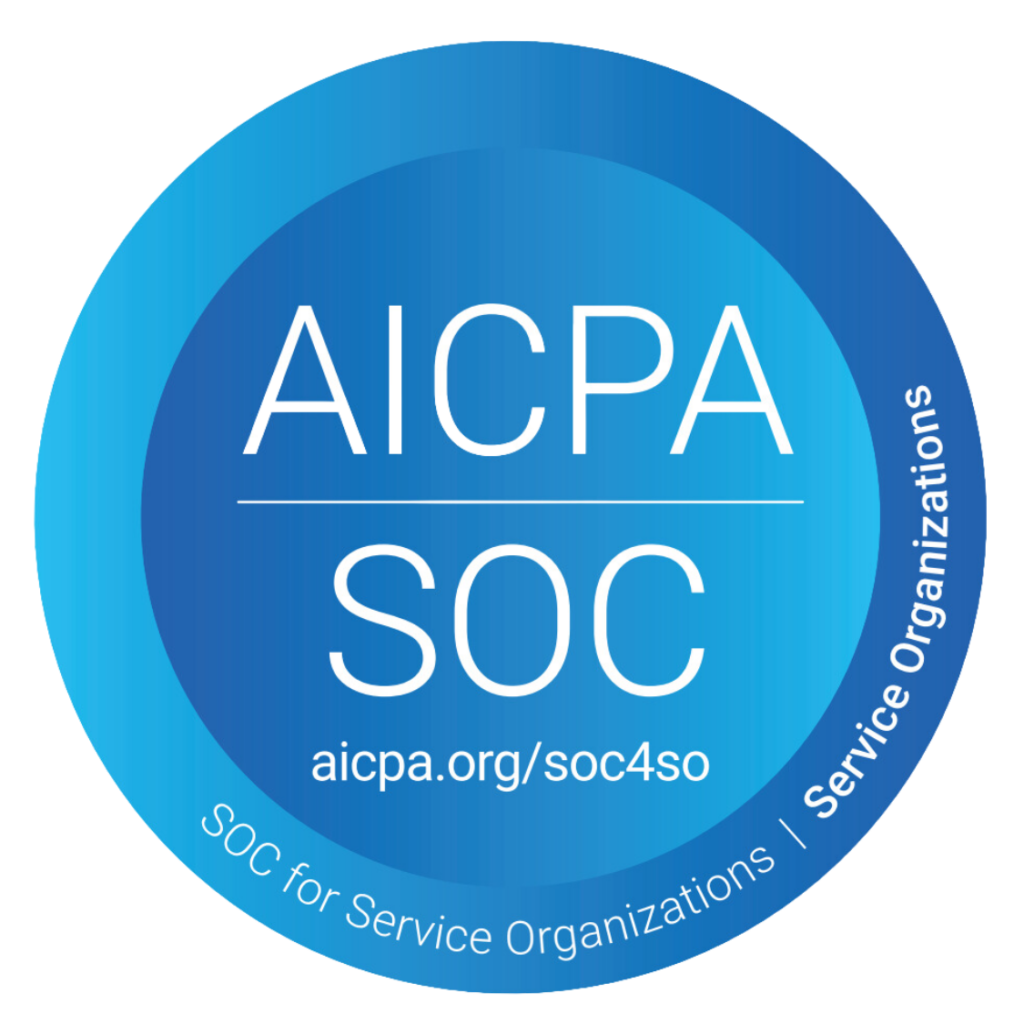A partnership with a PBM can greatly enhance your business practice and help your company and its employees navigate the complexities of drug pricing and benefits design.
PBMs manage the formulary to guide the use of more cost-effective and equally effective drugs, contributing to reduced overall healthcare costs.
PBMs utilize utilization management tools to ensure the right medications are being prescribed for the right patients. They also focus on chronic diseases, behavioral health, and other health issues to promote better health and wellness among your employees.
PBMs also offer a variety of resources to help you make the most of your partnership. From white papers to issue briefs and a resource center, you can leverage these materials to deepen your understanding of the PBM business, the benefit management process, and current trends affecting the industry.
Evaluating a PBM for Future Partnership
Acting as a bridge, PBMs facilitate crucial connections between numerous stakeholders in the healthcare ecosystem. They undertake a range of tasks, including but not limited to, negotiating drug prices, managing formularies, processing drug claims, and running medication adherence programs. Their multifaceted role can significantly sway healthcare costs and the quality of patient care.
For self-funded employers, brokers, TPAs, and PBM consultants, selecting the right PBM partner is critical for effective benefit management. Let’s explore the key factors to consider in this evaluation process.
Evaluating PBM Contracts
The PBM contract forms the foundation of your partnership with a PBM. This critical document offers a comprehensive snapshot of the services to be provided, delineates financial obligations, and outlines performance metrics. When evaluating PBM contracts, key aspects to scrutinize include a transparent pricing model, equitable sharing of drug rebates, clear definitions of terms, and efficient dispute resolution mechanisms.
A well-drafted PBM contract will clearly lay out the costs and benefits associated with the pharmacy benefit. It should clearly define what constitutes generic and brand-name drugs, spell out dispensing fees, and outline the criteria for formulary inclusion. This level of transparency can help to avoid potential misunderstandings and disputes down the line.
Transparency and Lack of Conflicts
One of the issues that have long plagued the PBM industry is the lack of transparency. There’s a growing demand for clear business practices and a lack of conflicts of interest. Transparency in pricing, rebates, and revenue sources is essential to maintain trust and foster a healthy partnership.
By adopting an advanced search into your PBM partnership and evaluation process, you can mitigate these concerns. Transparency in claims processes, formulary management, and financial analysis all contribute to a more trustworthy partnership, allowing you to better understand the cost drivers and potential savings.
Avoid PBMs with a vertical integration model that may lead to conflicts of interest. A PBM should operate independently of any pharmacy, manufacturer, or insurance plans to ensure the best interest of plan sponsors and members. Look for a partner committed to openness in all aspects of their business.
Care Management and Health Equity
A PBM should have robust systems in place for care management, including formulary management, behavioral health services, and prescription drug benefits. This is particularly important for individuals with chronic diseases who rely heavily on their medication regimen.
Moreover, your PBM should prioritize health equity, working to eliminate disparities in access, treatment, and outcomes. They should demonstrate a commitment to equity and diversity by implementing policies that cater to diverse populations and help reduce overall disparities in health care.
Technology and Data Capabilities
Advanced search and data analysis capabilities are paramount in a modern PBM. They enable PBMs to detect patterns, forecast trends, identify cost drivers, and make informed decisions. Moreover, technology should also aid in efficient practice management, claim processing, and overall drug utilization management.
A PBM with a robust data platform can provide invaluable insights into prescription drug utilization, patient adherence, and drug spending. This information can help plan sponsors make data-driven decisions about their pharmacy benefit design and interventions to improve patient outcomes.
Customer Service and Support
Quality customer support is a cornerstone in managing health plans effectively. The PBM should have a well-equipped resource center, offer training, and provide regular issue briefs, press releases, and white papers to keep you informed.
In addition, the PBM should be responsive to queries, able to handle concerns promptly, and demonstrate a commitment to improving value for their clients. A PBM that values its customers will be a valuable partner in managing your pharmacy benefit.
The PBM’s Regulatory Compliance
As with any business in the healthcare industry, compliance with regulatory standards is essential. Review the PBM’s history of compliance with the Department of Health, Medicare Advantage, and other federal government regulations. Any violation could lead to fines, penalties, or disruptions in service, which can impact your health plan and beneficiaries.
Compliance extends to all areas of operation, from the handling of protected health information to the processing of claims and adherence to prescription drug laws. It also extends to meeting the demands of the ever-evolving health care regulatory landscape, such as changes in Medicare and Medicaid rules.
Wrapping Up
Choosing your PBM is a complex task that requires a thorough understanding of your organization’s needs, a careful evaluation of potential partners, and the willingness to make tough decisions. Keep in mind that this partnership will significantly influence your health plan’s effectiveness, your health care cost, and ultimately, the health outcomes of your beneficiaries.
Remember, the right PBM partnership is about more than just cost. It’s about delivering quality care, fostering health equity, and driving value in the healthcare system. Your chosen PBM should align with your values, meet your needs, and offer the best possible service to your beneficiaries.
At MaxCare, we set ourselves apart as a Pharmacy Benefit Manager (PBM) characterized by our focus on cost transparency and innovation, coupled with a strong emphasis on openness, accountability, and superior customer service. As a pass-through PBM, we remain steadfast in our commitment to complete transparency at each phase. We reveal every aspect of your plan, from our agreements with pharmacy providers to our rebate contracts, to ensure you fully comprehend what you’re investing in.
MaxCare presents itself as a versatile PBM ally, striking the perfect balance between the personalized attention of a smaller firm and the advanced technology and scalability of a larger entity. Our team boasts a wealth of pharmacy knowledge that contributes to both superior care for employees and effective cost management.



